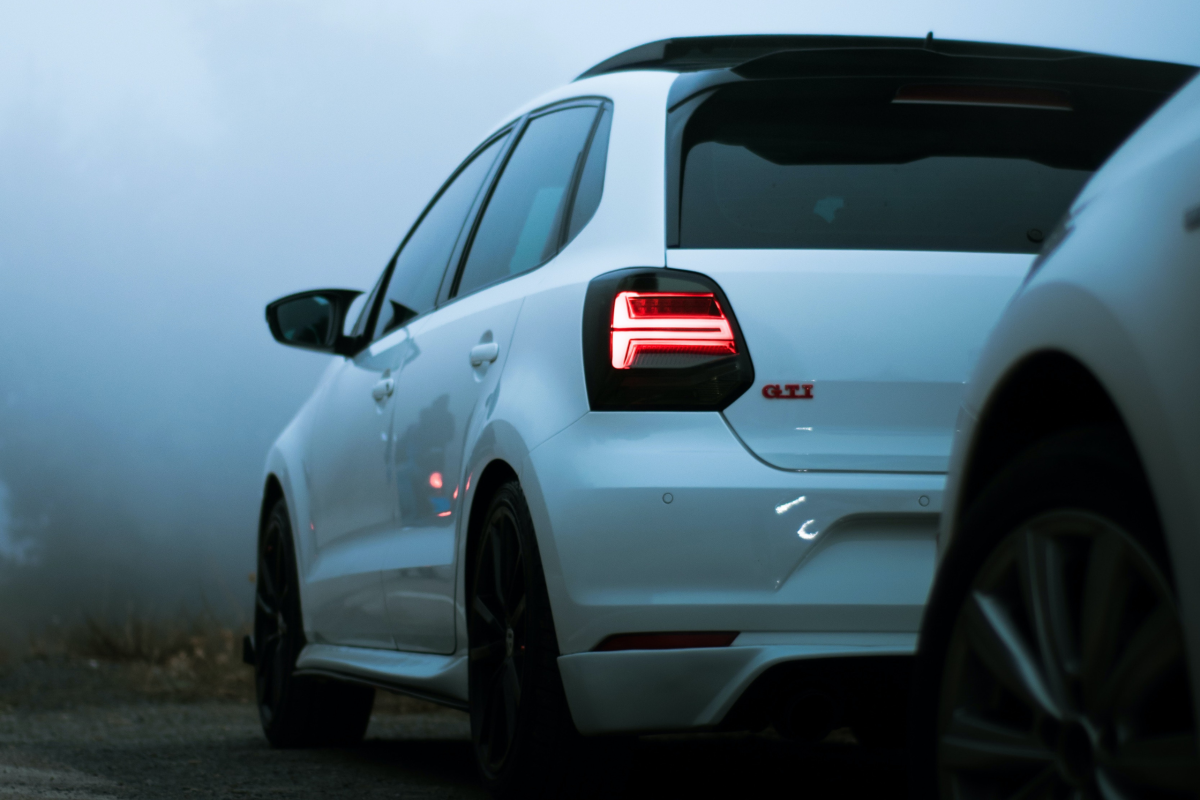Purchasing a car is an exciting and important choice that must be carefully considered. Whether you’re a first-time buyer or looking to upgrade your current vehicle, it’s essential to do your research to ensure you make the right choice. This ultimate guide on things to consider before buying a car provides expert tips and advice to help you confidently navigate the car-buying process.
Essential Steps to Take Before Buying a Car
Navigating the car-buying process can be overwhelming, but following these essential steps will help you make informed decisions and ensure a smooth purchase experience.
Do Your Research Before Buying a Car
Before diving into the car-buying experience, it’s crucial to dedicate time to research. Doing your homework gives you valuable insights into different car models, their features, and pricing options. Start by considering your needs and preferences. Are you looking for a compact car for city driving, or do you need a spacious SUV for a growing family? Narrowing down your options will save you time and energy during purchasing.
Additionally, researching the market will help you become familiar with current car prices, allowing you to negotiate effectively with dealerships. By comparing prices and reading customer reviews, you can identify reputable sellers and ensure you’re getting the best value for your money.

Establish a Budget for Your Car Purchase
Establishing a budget is one of the most crucial steps in buying a car. This step will help you determine how much you can afford to spend on a vehicle and avoid any financial strain in the future. Begin by assessing your current financial situation, including your income, expenses, and any existing debts. This evaluation will give you a clear picture of how much you can allocate towards car payments.
Don’t forget to factor in expenses like insurance, maintenance, and fuel consumption. It’s also wise to leave some room in your budget for unexpected expenses or future upgrades. By setting a realistic budget, you’ll be able to narrow down your options and focus on cars that fit within your financial means.

Consider Certified Pre-owned Vehicles
When exploring your car options, don’t overlook the benefits of certified pre-owned vehicles. These cars have been thoroughly inspected and certified by the manufacturer or authorized dealerships. Opting for a certified pre-owned vehicle offers various advantages, including extended warranties, roadside assistance, and a detailed vehicle history report.
Not only do certified pre-owned cars provide peace of mind, but they also offer significant cost savings compared to buying a brand-new vehicle. With proper research and inspection, you can find a certified pre-owned car that meets your requirements and provides excellent value for your money.
Inspect the Car Inside and Out
Inspecting a car before making a purchase is crucial to ensure you’re getting a reliable vehicle. Start with the exterior, checking for any signs of damage or repainting that could indicate previous accidents. Look closely at the tyres, ensuring they have sufficient tread depth and even wear. Don’t forget to examine the lights, mirrors, and windshield for any cracks or malfunctions.
Moving to the interior, thoroughly inspect the seats, dashboard, and upholstery for signs of wear and tear. Test all the buttons and switches, including the air conditioning and audio system. Don’t hesitate to ask for a test drive to assess the car’s performance, handling, and any unusual noises.
Consider getting a qualified mechanic to perform a comprehensive check if you’re unsure about your ability to do so. They can identify any hidden issues that may not be apparent to the untrained eye, providing you with peace of mind before making a purchase.
There are Many Financing Options Available for Buying a Car
Once you’ve found the perfect car, it’s time to consider your financing options. Most buyers require some form of financing to purchase a vehicle, whether through a bank loan, dealership financing, or leasing. Start by researching interest rates and loan terms from different lenders to find the most favourable option.
If you choose to finance through a dealership, be aware of potential upsells and carefully review the terms and conditions of the loan. Ensure you understand the total cost of the car, including any additional fees or charges. Don’t be afraid to negotiate the financing terms to secure the best deal possible.
Remember to consider your credit score when seeking financing. A higher credit score can qualify you for lower interest rates and better loan terms. If your credit score needs improvement, take the necessary steps to enhance it before applying for a loan.

Additional Considerations When Buying a Car
In addition to the previous steps, there are a few more considerations to keep in mind when buying a car. Firstly, take the time to test drive multiple cars to compare their performance, comfort, and handling. This will help you make an informed decision based on your personal preferences.
Secondly, don’t forget to factor in the cost of insurance. Different car models can vary significantly in insurance premiums, so it’s essential to obtain quotes from insurance providers before finalizing your purchase. Additionally, research the average fuel consumption of different vehicles to estimate your ongoing fuel expenses.
Lastly, consider the resale value of the car you’re planning to buy. While it may not be a priority at the moment, opting for a vehicle with good resale value can save you money in the long run if you decide to sell or trade it in for a newer model.
Common Mistakes to Avoid When Buying a Car
While the car-buying process can be overwhelming, it’s crucial to avoid common mistakes that can lead to regret later on. Firstly, don’t rush into a purchase without proper research and inspection. Take your time to ensure the car meets your requirements and is in good condition.
Secondly, be cautious of pushy salespeople who may try to upsell you on unnecessary features or financing options. Stick to your budget and make decisions based on your needs, not on persuasive tactics.
Lastly, read and understand all the paperwork before signing any contracts. Pay attention to the fine print, including warranty details, loan terms, and any additional fees. If you’re unsure about anything, seek clarification from the seller or consult with a legal professional.
Key Takeaway
Buying a car is a significant investment, and by following this ultimate guide, you’ll be equipped with the knowledge and confidence to make an informed decision. Remember to do your research, establish a budget, consider certified pre-owned vehicles, thoroughly inspect the car, and explore financing options.
By avoiding common mistakes and considering additional factors such as test driving, insurance costs, and resale value, you’ll be well-prepared to find the perfect car for your needs and budget. Happy car shopping!
Not sure about purchasing just yet? Consider getting a rent-to-buy car instead!

